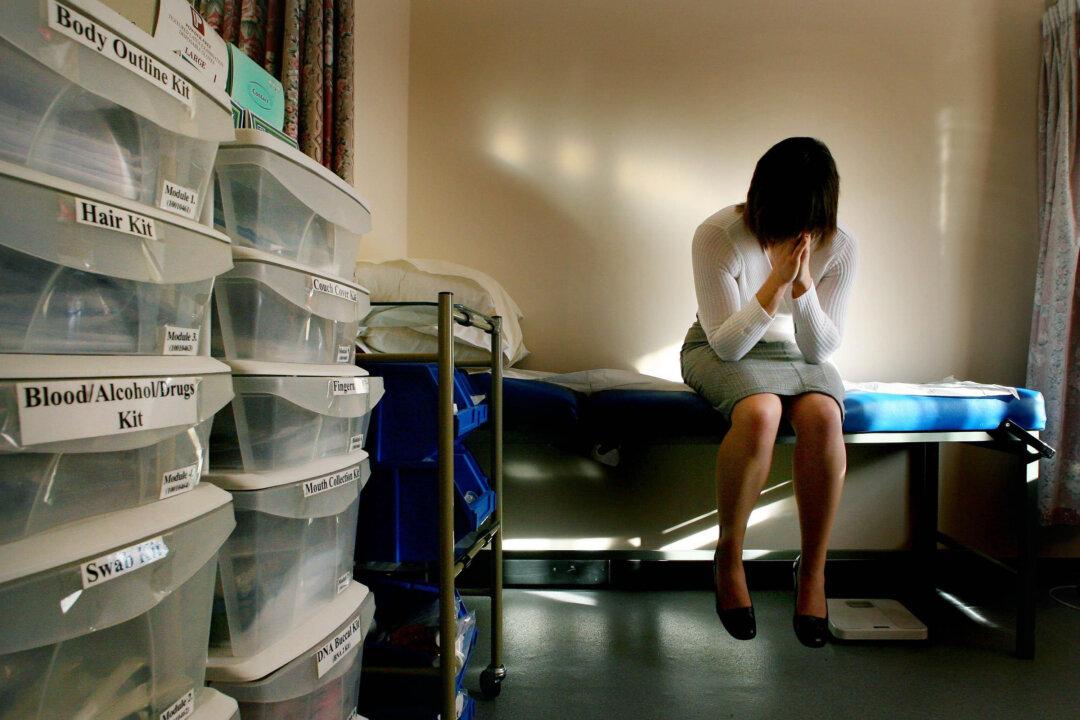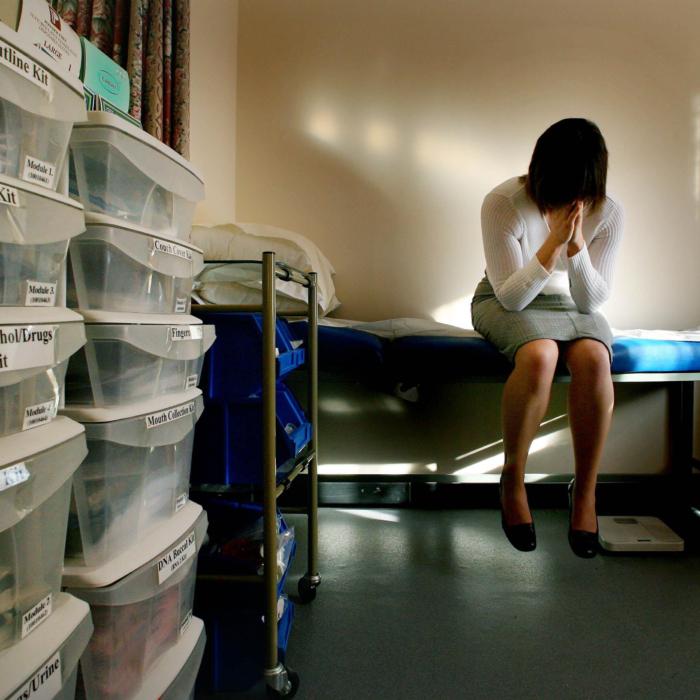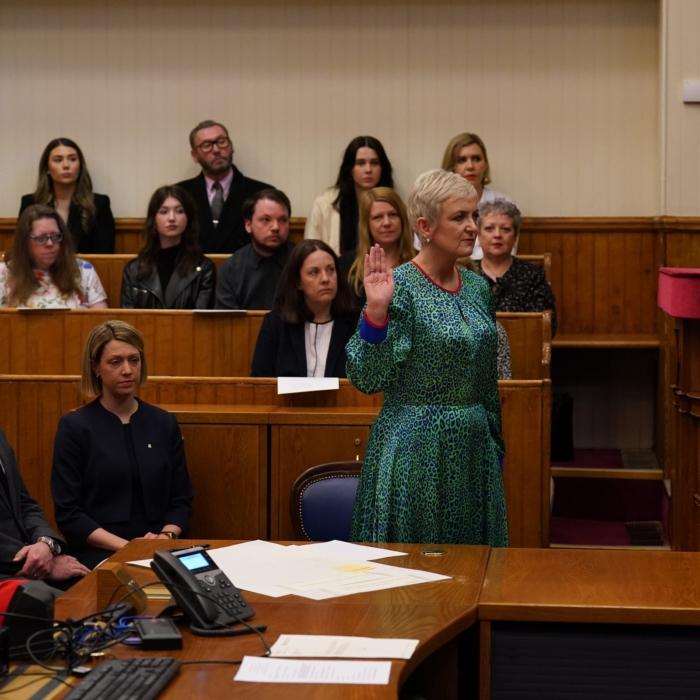The Law Society of Scotland has urged the Scottish government to abandon proposals for no-jury rape trials.
The plans to experiment with just judges deciding the outcome of rape and attempted rape trials is part of the Victims, Witnesses and Justice Reform (Scotland) Bill, and are currently going through the Scottish parliament at Holyrood.
‘Plan is Flawed’
Ms. Webster said: “The lack of consensus confirms this plan is flawed, and is lacking detail and supporting evidence. It should be removed from the bill.”The Law Society also urged the SNP government of Humza Yousaf to drop plans to abolish Scotland’s unique and historic verdict of not proven if new “balancing provisions” for juries are not included in the changes.
In Scotland, there are three possible verdicts open to a jury: guilty, not guilty, or not proven.
Although the consequences of not guilty and not proven are the same—the defendant is acquitted and is released—campaigners have claimed not proven is disproportionately used in rape cases and say it has a harmful effect on rape complainants.
Rape Crisis Scotland says not proven makes up 44 percent of rape and attempted rape acquittals, compared with 20 percent for all crimes and offences.
Mr. Ross said, “It doesn’t make sense. There is no reason to think that every not proven verdict we have had in Scotland would not have been a not guilty verdict. So it would have made no difference.”
He said the not-proven verdict had always been a “balancing mechanism” to even out the fact that, unlike in England, a defendant can be convicted by a simple majority of jurors.
Law Society Warns of ‘Unforeseeable Outcomes’
“Scrapping not proven without any balancing provisions would be an entirely unacceptable outcome with unforeseeable outcomes,” she said.The Law Society say they would only agree to abolish not proven as a verdict if the size of Scottish juries were reduced and clearer majorities allowed.
There are 15 people on a jury in Scotland, unlike England and Wales where there are 12.
Currently, a person can be found convicted in Scotland if eight of the 15 agree on a guilty verdict, and the bill proposes changing that to eight members out of a jury of 12 people.
“If there is insufficient evidence to decide on jury size and verdict majority, then not proven must be retained,” added Ms. Webster.
Scotland’s most senior prosecutor, Lord Advocate Dorothy Bain, KC, has warned it could be harder to secure convictions in Scotland.
The Law Society said it supported the establishment of a new Victims’ Commissioner, something the criminal justice committee did not back.
Ms. Webster said: “We remain supportive of significant parts of the bill including around the anonymity of complainers in sexual offence cases, the establishment of a new Commissioner, and a focus on trauma informed practice.”
Scotland’s Justice Secretary Angela Constance said, “The committee heard compelling evidence from many witnesses that our justice system is not working for victims of sexual offences.”
She added, “These proposals are a result of the recommendations of the independent review carried out by Lady Dorrian, Scotland’s second most senior judge. That review recommended that we should pilot an alternative to jury trials, on a time-limited basis, to let us have a properly informed debate on how our system delivers justice for victims of rape.”
Ms. Constance promised to “continue to work with and listen to the voices of members from all parties, of partners from across the justice system, and of victims themselves.”







